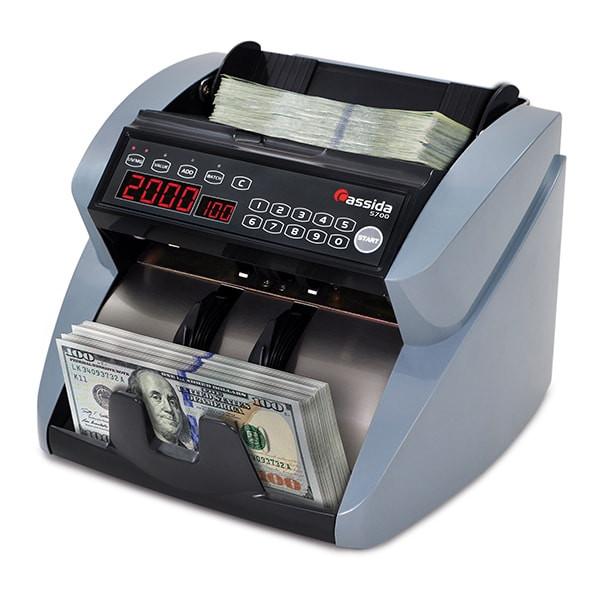What’s Going On With Bitcoin?

Cryptocurrencies saw a massive jump in popularity last year, a factor that contributed significantly to their sharp increase in value. Now, with the threat of a United States-China trade war looming, cryptocurrencies are feeling the heat. Following an all-time high in December 2017, bitcoin, one of the most popular cryptocurrencies, has now dipped and stayed below $7,000 for the first time in months.
While you can store valuables and cash in secure safes, that isn’t the case with bitcoin. As a cryptocurrency, bitcoin is handled and changes hands entirely online. One way to understand bitcoin is to consider it cash for the internet.
For users, bitcoin is little more than a computer program that provides a personal wallet used to send and receive the cryptocurrency. The entire bitcoin network shares a public ledger known as the blockchain. The ledger tracks all processed transactions by using a computer to determine whether or not a transaction is valid.
In order to verify identities in a traditional business sense, companies use ID scanners and counterfeit detectors. Since bitcoin is entirely digital, a digital signature that corresponds to the users’ sending addresses is used to verify identities. In short, anyone can trade via bitcoin, making it the first decentralized peer-to-peer payment network.
Bitcoin’s lack of a central authority and regulatory body makes it susceptible to high volatility, resulting in significant changes in value. On 1 January 2017, for example, one bitcoin traded for under $1,000. The cryptocurrency hit an all-time high on 17 December 2017, striking $19,783.06. Now, just four months later, bitcoin is trading at under $7,000. That massive spike and drop gave birth to the concern that the entire cryptocurrency market is in a bubble – and now that bubble may be about to burst.
According to an investigation by the Wall Street Journal, 96% of economists surveyed agreed that pure speculation surrounding the future of blockchain technology is the driving force behind bitcoin’s value. In reality, bitcoin is currently experiencing network congestion and developer in-fighting. As a result, many economists expect the bitcoin bubble to burst, especially if the cryptocurrency continues to be plagued by bad news.
In addition to its position in an unregulated market, bitcoin was slammed by Facebook’s recent advertising policy update. In the update, the social media giant banned advertising for digital currencies, citing “deceptive and misleading advertising practices.”
Hours after Facebook announced its advertising policy update, Google followed suit. In its own update, the search engine and largest provider of digital advertising announced its own plans to ban the advertising of cryptocurrencies. The ban also applies to YouTube.
Not long after Facebook and Google’s advertising updates, the former CEO of Mt. Gox, once the largest bitcoin exchange, announced he no longer believes in bitcoin. Although he said blockchain technology isn’t going anywhere, he also stated that bitcoin “may have trouble evolving and keeping up.”
Bitcoin’s massive popularity, despite sharp price decreases, has caught the attention of major banks too. The Reserve Bank of India (RBI), the country’s central banking authority, announced it will no longer do business with anyone that trades in cryptocurrencies. Reasons for the ban include “consumer protection, market integrity, and money laundering.” Cryptocurrency holders have three months to sell off their remaining holdings or take their business elsewhere. In the same statement, however, RBI also expressed an interest in creating its own cryptocurrency.
Following its creation in 2009 by an anonymous creator known only as Satoshi Nakamoto, bitcoin has been used in purchasing everything from pizzas to Lamborghinis. The largest bitcoin wallet is currently possessed by the Federal Bureau of Investigation. The wallet has an estimated value of $2 billion and holds approximately 1.5% of all bitcoins.
The potential for a massive trade war between the United States and China is daunting, and the stock market reflects that thanks to hard data and human emotion. Although cryptocurrency isn’t regulated and lacks a central authority, it isn’t immune to human emotion.
Bitcoin isn’t the only cryptocurrency impacted by the threat either. Ethereum and Ripple, two other popular cryptocurrencies, are seeing significant hits to their price as well. With emotions and speculation running high, and a seemingly unending tide of bad news, there’s no telling what the future holds for bitcoin.




Leave a comment